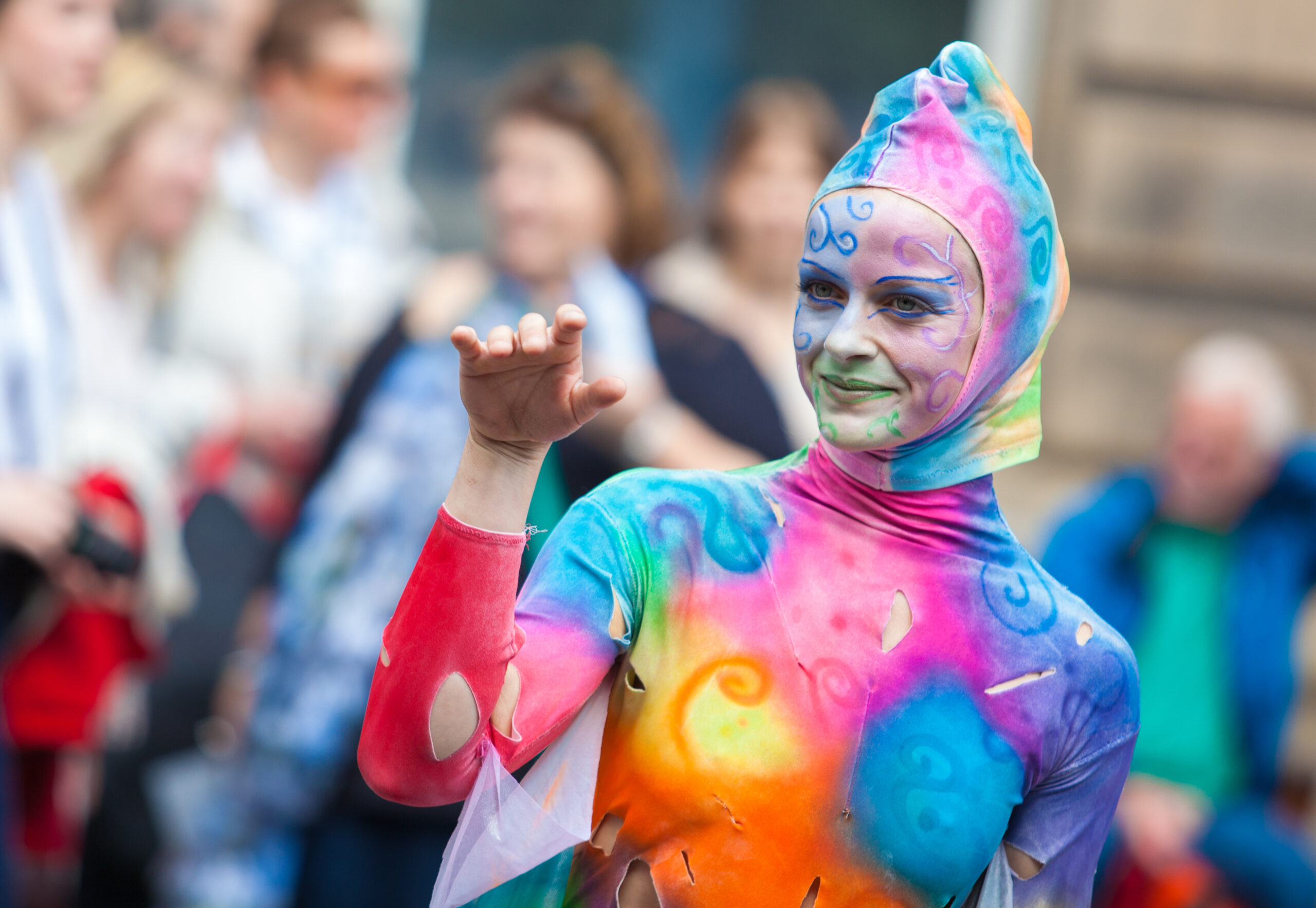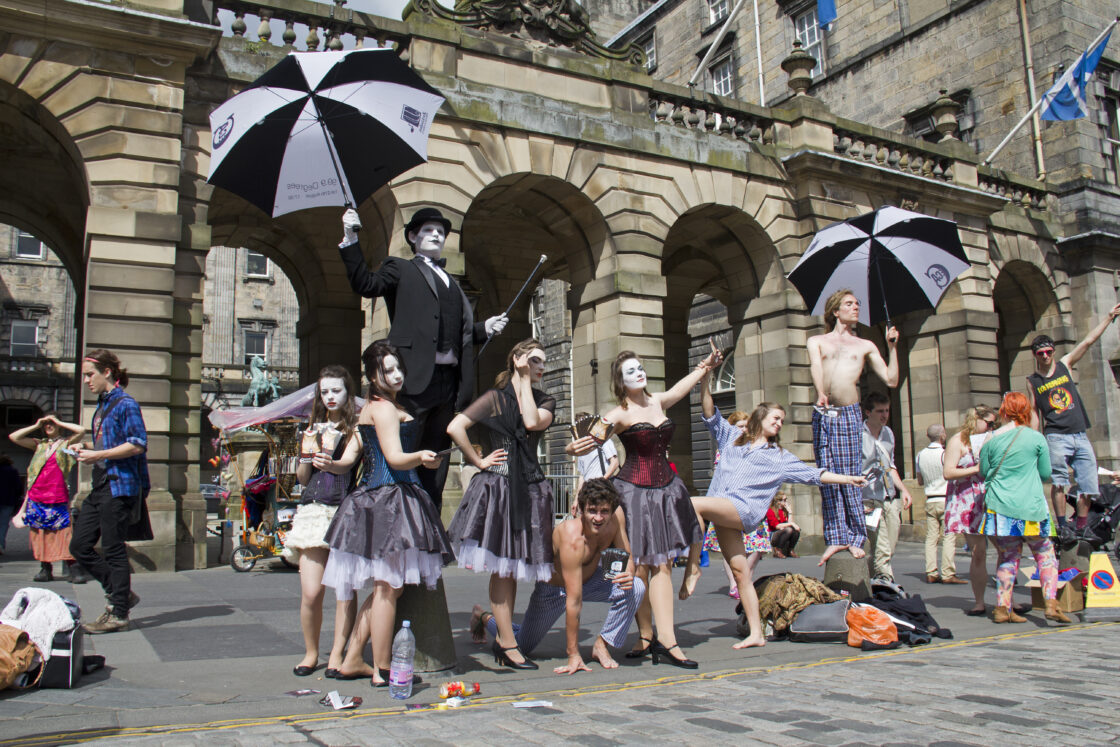10 Tips for First-Time Fringe Performers
The Edinburgh Festival Fringe isn’t just the biggest arts festival in the world — it’s also a kind of beautiful chaos. Every August, the city of Edinburgh transforms into an open-air theatre where comedians, actors, musicians, dancers, poets, and performers of every stripe step up to share their work.
For first-time performers, it’s exhilarating… and a little overwhelming. Whether you’re staging a full theatre production or busking on the Royal Mile, preparation can make the difference between barely surviving and absolutely thriving.
Here are 10 essential tips to help you navigate your first Edinburgh Fringe like a seasoned pro.
1) Know why you’re going
The Fringe isn’t just one thing. It’s a marketplace, a showcase, a party, and a marathon. Be clear on what your goal is:
- Are you trying to make money?
- Hoping to build a fan base?
- Touring your show?
- Testing new work?
Knowing your reason will shape everything else — from the kind of venue you book to how you promote yourself.
2) Budget realistically (and then add 20%)
Many first-time artists underestimate costs. Accommodation, registration fees, marketing materials, travel, food — it adds up fast. Once you’ve built a budget, add a buffer. Unexpected costs always appear.
Also, look into funding opportunities, artist bursaries, or Pay What You Can venues. The Edinburgh Fringe doesn’t have to bankrupt you.
3) Choose the right venue for your show
A beautiful, large theatre won’t help if your audience would rather be in a small cabaret room with a pint in hand. Do your homework:
- Check venue footfall and reputation.
- Visit (or watch videos of) the space if possible.
- Talk to previous performers.
Remember: a 30-seater that sells out beats a 100-seater that’s half empty.
4) Be your own PR machine
Unless you’ve hired a PR team, you are your publicist. That means:
- Writing a short, clear, catchy show blurb.
- Sending press releases to relevant media and blogs.
- Posting regularly on social media.
- Talking to people in queues, at bars, and on the Mile.
You don’t need to shout the loudest — but you do need to be consistent and clear about why people should come.
5) Learn the art of flyering
Love it or loathe it, flyering is still part of the Fringe ecosystem. But it’s not just about shoving paper into hands.
- Smile, make eye contact, give people a reason to care.
- Keep it short — one or two lines that sell your show.
- Be where your audience actually is.
A great conversation does more than a thousand soggy flyers in the rain.
6) Take care of your body and mind
The Fringe is intense. Long days, late nights, and relentless social energy can take a toll.
- Eat properly.
- Sleep (even if it’s weird hours).
- Schedule rest days.
- Find quiet spaces when needed.
Burnout is common — don’t let it creep up on you.
7) Don’t chase reviews — build audiences
A glowing review from The Guardian might change your run. Or it might not. What will make a difference is word of mouth. Focus on giving your audience the best possible experience every night.
If you treat every show like opening night, people will talk.
8) Collaborate, don’t compete
At the Fringe, your fellow artists are not your rivals — they’re your allies. Share flyers. Plug each other’s shows. Go see other performances. The friendships and collaborations you build can last far beyond August.
9) Be flexible — things will go wrong
Sound cues might fail. Audiences might be late. Rain might soak your flyers. That’s part of the Fringe magic. Roll with it, improvise, and keep your sense of humour intact.
A performer who can pivot gracefully stands out.
10) Enjoy it. Seriously.
Yes, it’s hard work. Yes, it can be expensive and exhausting. But the Edinburgh Fringe is also a rare chance to immerse yourself in an artistic community unlike any other. Celebrate your wins, learn from the wobbles, and remember why you wanted to perform in the first place.


